Sunscreen is a crucial part of any skincare routine, offering essential protection against the harmful rays of the sun. Overexposure to the sun can lead to sunburn, premature aging, and even skin cancer. This article explores physical vs chemical sunscreen and how it works with their primary active ingredients.
There are two main types of sunscreen:
1. Physical sunscreen: Physical sunscreen sits on top of your skin like a shield, reflecting the sun's rays away. It's often referred to as mineral sunscreen. Zinc oxide and Titanium dioxide are the primary active ingredients in the physical sunscreen.
2. Chemical sunscreen: Chemical Sunscreen absorbs the sun's rays and converts them into heat, which is then released from your body. The primary active ingredients in chemical sunscreen are Avobenzone, Oxybenzone, Octinoxate, Octocrylene, and Homosalate.
How Physical Sunscreen Works
Physical sunscreens, also known as mineral sunscreens, operate on a fundamentally different principle compared to chemical sunscreens. Instead of absorbing and converting UV radiation, they create a physical barrier on the skin's surface that deflects and scatters incoming sunlight. This mechanism of action is often likened to a mirror, reflecting the sun's rays away from the skin.
The primary active ingredients responsible for this protective shield are zinc oxide and titanium dioxide. These minerals, when applied topically, form a microscopic layer on the skin's surface. Zinc oxide, in particular, has been extensively studied for its sun protective properties.
One of the key advantages of physical sunscreens is their immediate protection. Unlike chemical sunscreens that require time to activate, physical sunscreens start blocking UV rays as soon as they are applied. This makes them an excellent choice for outdoor activities where sun exposure is imminent. Moreover, physical sunscreens are generally considered to be less irritating and more suitable for sensitive skin, as they do not penetrate the skin's barrier.
How Chemical Sunscreen Works
Chemical sunscreens work by soaking up the sun's harmful rays (UV rays) and turning them into harmless heat. Unlike physical sunscreens that sit on top of your skin like a shield, chemical sunscreens get absorbed into your skin and protect you from the inside. Upon exposure to UV radiation, the organic molecules within chemical sunscreen undergo electronic transitions. The sunscreen's active ingredients such as Avobenzone, Octinoxate, and Oxybenzone possess conjugated systems of alternating single and double bonds, allowing them to absorb specific wavelengths of UV light. This absorption excites the electrons in the molecule to higher energy levels.
To return to a stable state, the excited electrons release the absorbed energy as heat. This process is called as vibrational relaxation or internal conversion. The heat generated is typically minimal and dissipates harmlessly into the surrounding environment. Chemical sunscreens generally have a thinner, less greasy feel compared to physical sunscreens, making them more appealing to consumers. These sunscreens absorb quickly into the skin, without leaving a white cast.
Pros of Physical Sunscreen
- Immediate protection: Starts blocking UV rays as soon as it's applied.
- Broad-spectrum protection: Shields skin from both UVA and UVB rays when formulated with zinc oxide or titanium dioxide.
- Good for sensitive skin: Less likely to irritate due to its mineral-based nature.
- Non-comedogenic: Less likely to clog pores.
- Photostable: Maintains effectiveness even after prolonged sun exposure.
- Safe for reefs: Generally considered reef-safe.
- Additional benefits: Some ingredients, like zinc oxide, have anti-inflammatory properties.
Cons of Physical Sunscreen
- White cast: Can leave a visible white residue on the skin, especially with higher zinc oxide concentrations and darker skin tones.
- Thick consistency: Can feel heavy or greasy on the skin, making it difficult to apply evenly.
- May clog pores: Some formulations can contribute to acne breakouts.
- Less water-resistant: May wash off more easily than chemical sunscreens, requiring more frequent reapplication.
- Less cosmetically elegant: Often has a thicker, less appealing texture compared to chemical sunscreens.
Pros of Chemical Sunscreen
- Lightweight and cosmetically elegant: Generally feels lighter and absorbs quicker into the skin, making it a better choice for daily use and under makeup.
- No white cast: Does not leave a white residue on the skin.
- Easier application: Spreads smoothly and evenly on the skin.
- Water-resistant options: Many formulations are water-resistant, making them suitable for swimming and outdoor activities.
- Potential for additional skincare benefits: Some chemical sunscreens contain ingredients like antioxidants and peptides that offer extra skin benefits.
Cons of Chemical Sunscreen
- Absorption time: Takes approximately 15-20 minutes to become effective, so it's essential to apply it beforehand.
- Potential for skin irritation: Some ingredients can cause allergic reactions or skin irritation, especially for those with sensitive skin.
- Environmental concerns: Certain chemical sunscreen ingredients, like oxybenzone and octinoxate, have been linked to coral reef damage.
- Hormone disruption: There's ongoing research into the potential impact of some chemical sunscreen ingredients on the endocrine system.
- May clog pores: Some formulations can contribute to acne breakouts.
- Less photostable: Can break down faster when exposed to sunlight, requiring more frequent reapplication.
Conclusion
Choosing between physical vs chemical sunscreen often comes down to personal preference, skin type, and lifestyle. While both offer protection against harmful UV rays, physical sunscreens provide immediate coverage and are ideal for sensitive skin, while chemical sunscreens are lightweight and cosmetically appealing. For those with oily skin, seeking a dermatologist's recommendation for the Sunscreen for Oily Skin can be beneficial in finding a product that suits your needs and provides optimal sun protection. Consistent use of the right sunscreen not only prevents sunburn but also helps in decreasing melanin in skin, thereby protecting against premature aging and dark spots. Remember, regardless of the type of sunscreen you choose, it's crucial to apply it generously and reapply every two hours for maximum protection.


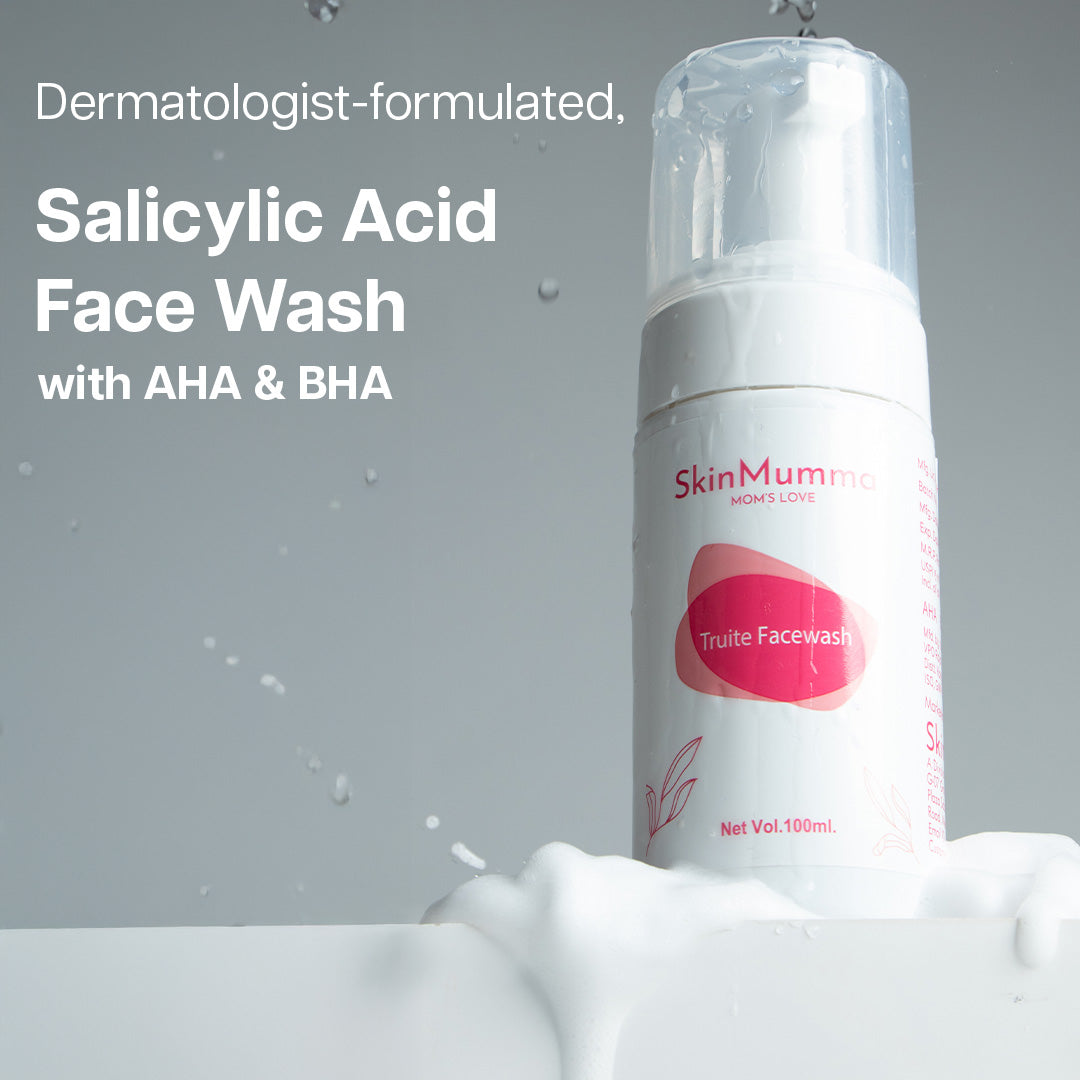
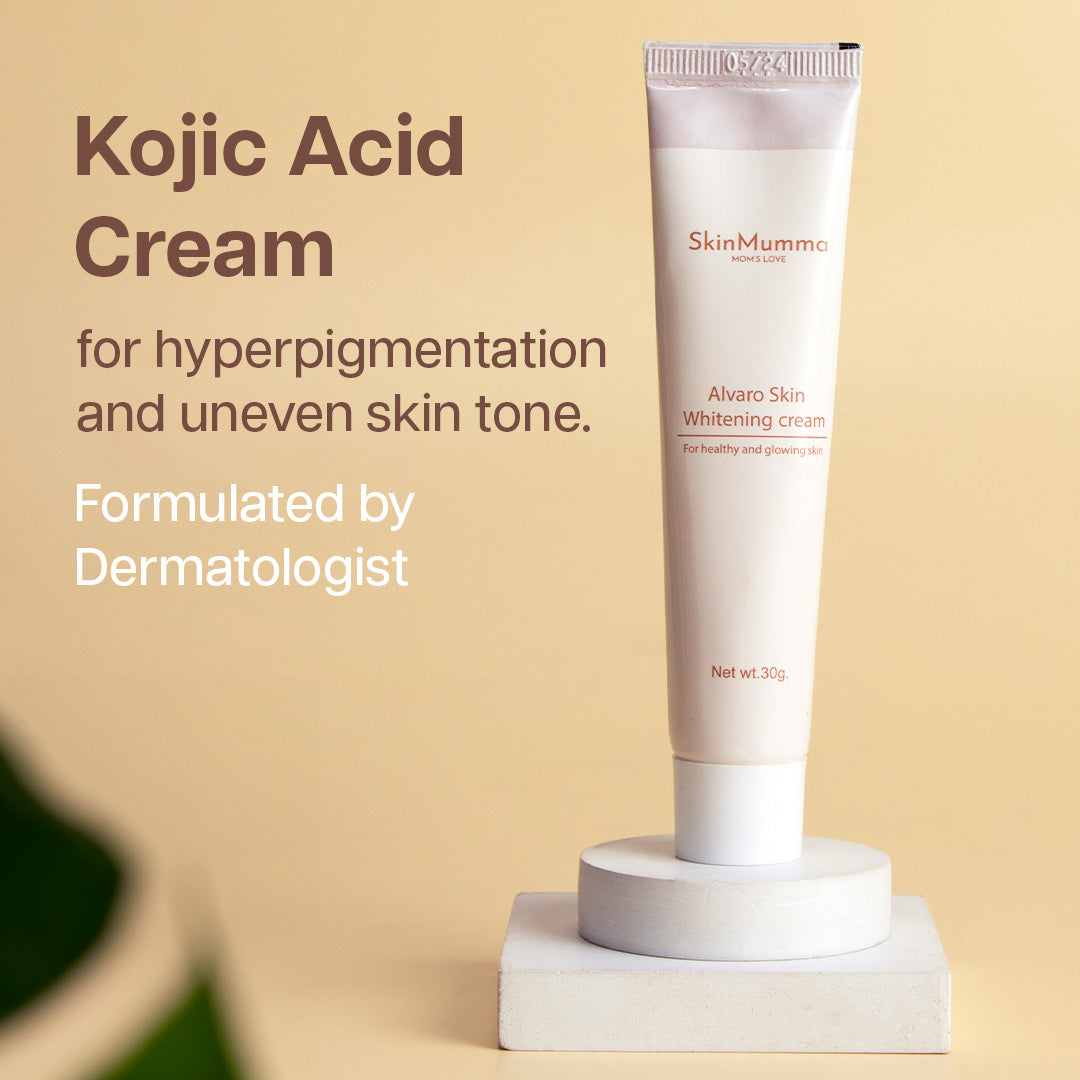
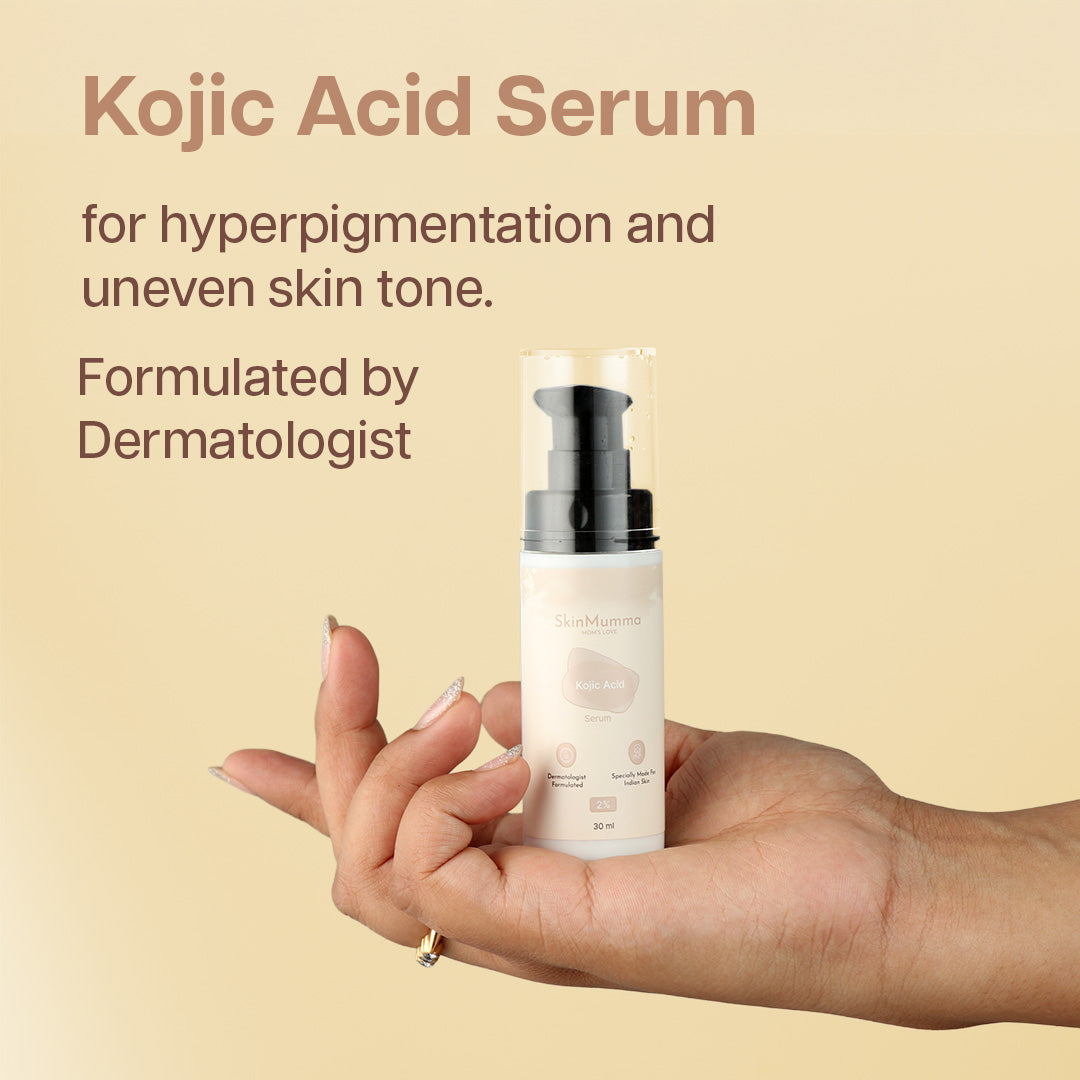
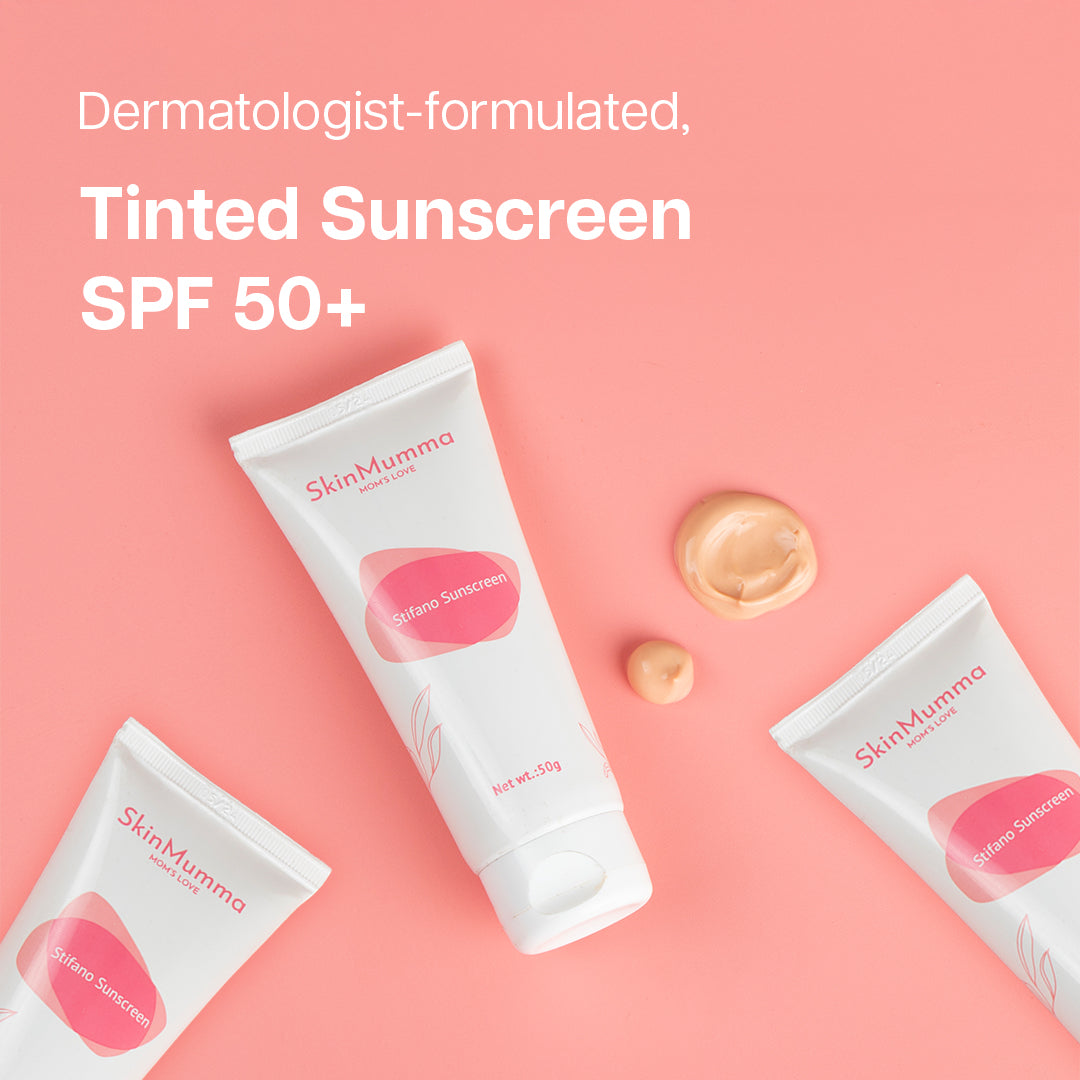
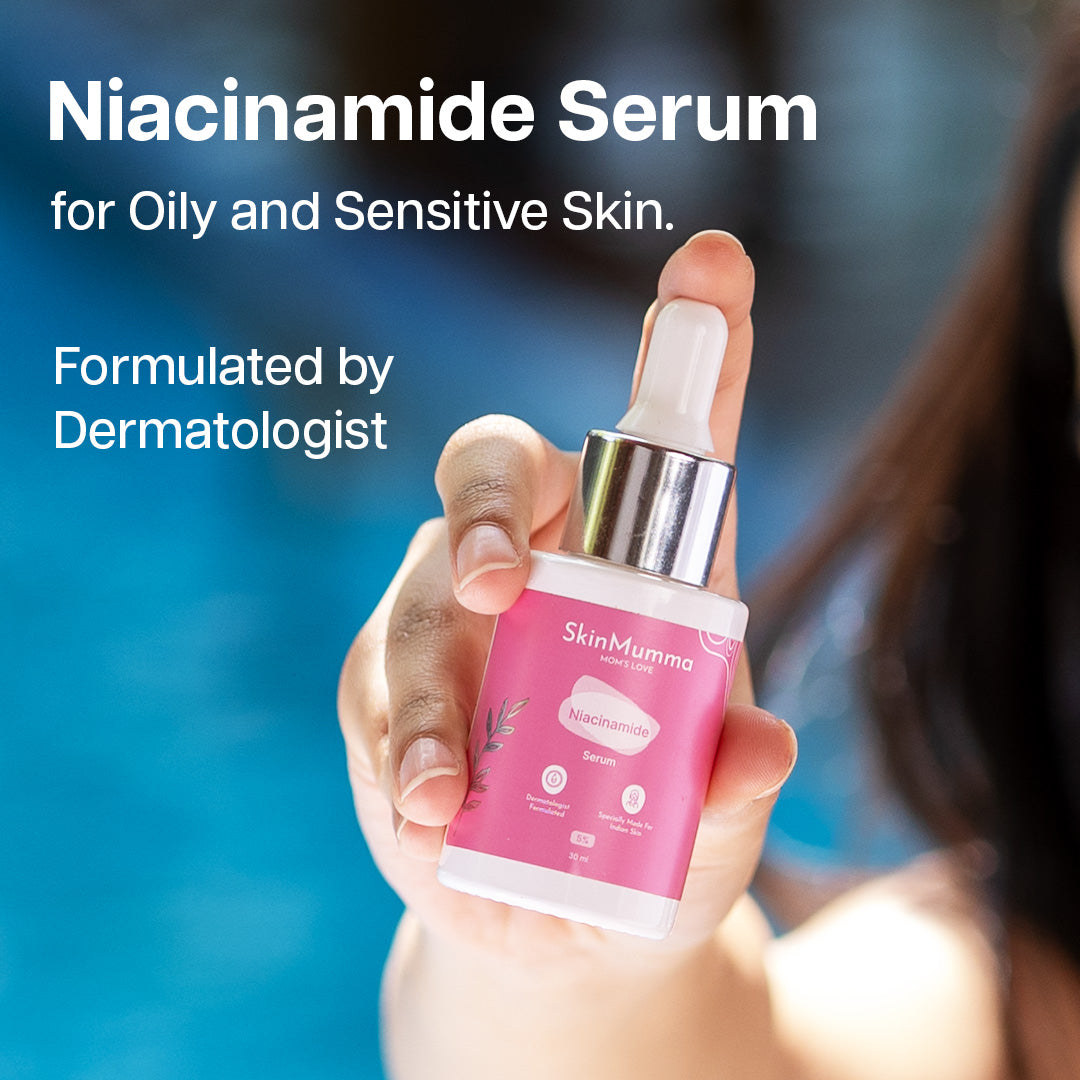
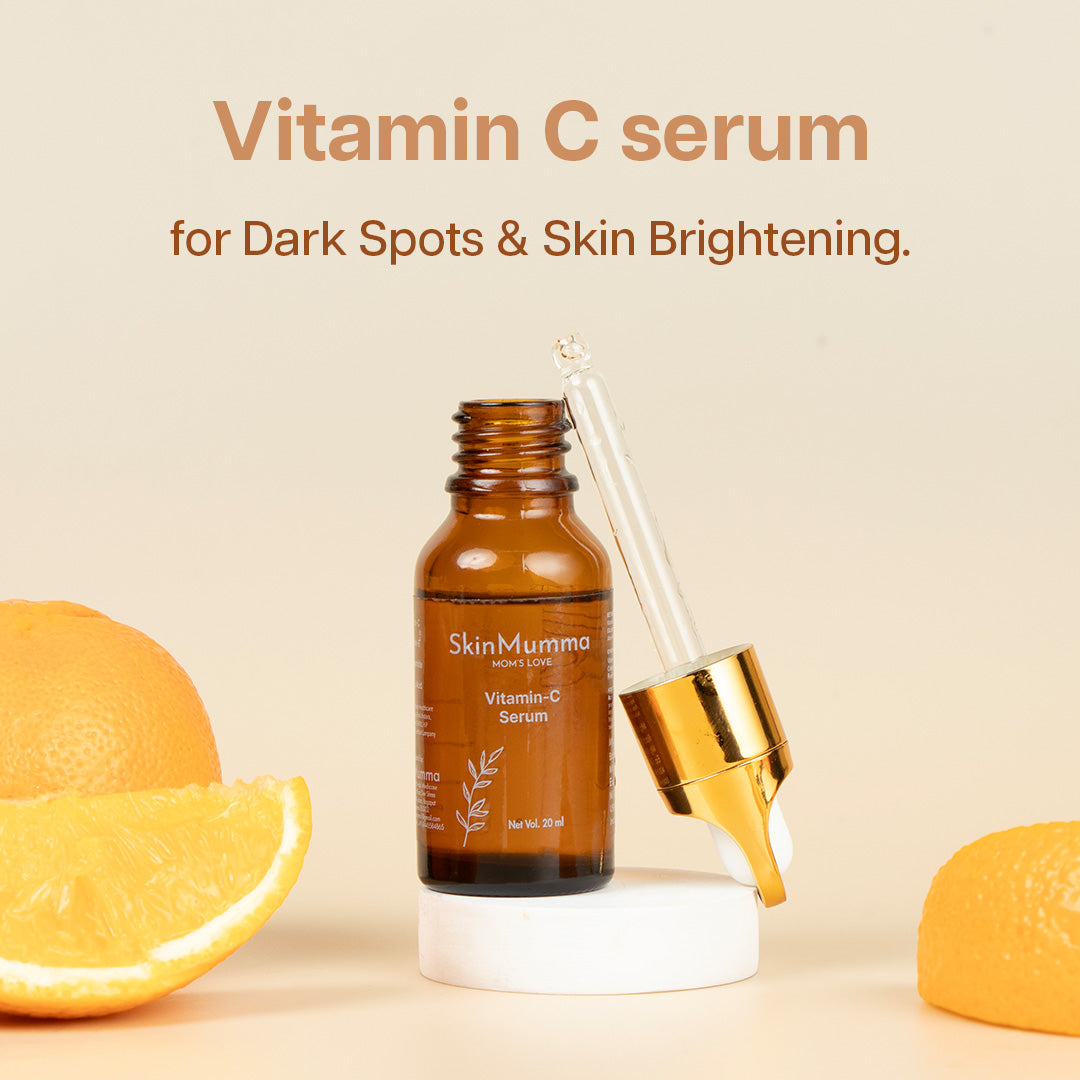




Dr Manisha Bindal is the senior dermatologist and laser skin expert with more than 25 yrs of experience in clinical practice. She has to her credit various advanced skin care procedures and Laser skin treatment protocols including chemical peels, fillers, threads and injections. You can trust the expert hands for any skin or hair related problems or any procedure if need be.